A total of six whales, including two gray whales and four humpback whales, have washed up on Bay Area beaches in California over the past several months.
The most recent was a young male humpback whale. After close examination, experts determined the cause of death to be an attack by an orca whale, and scientists are quite concerned.
Whales Often Wash Up on San Francisco’s Shores
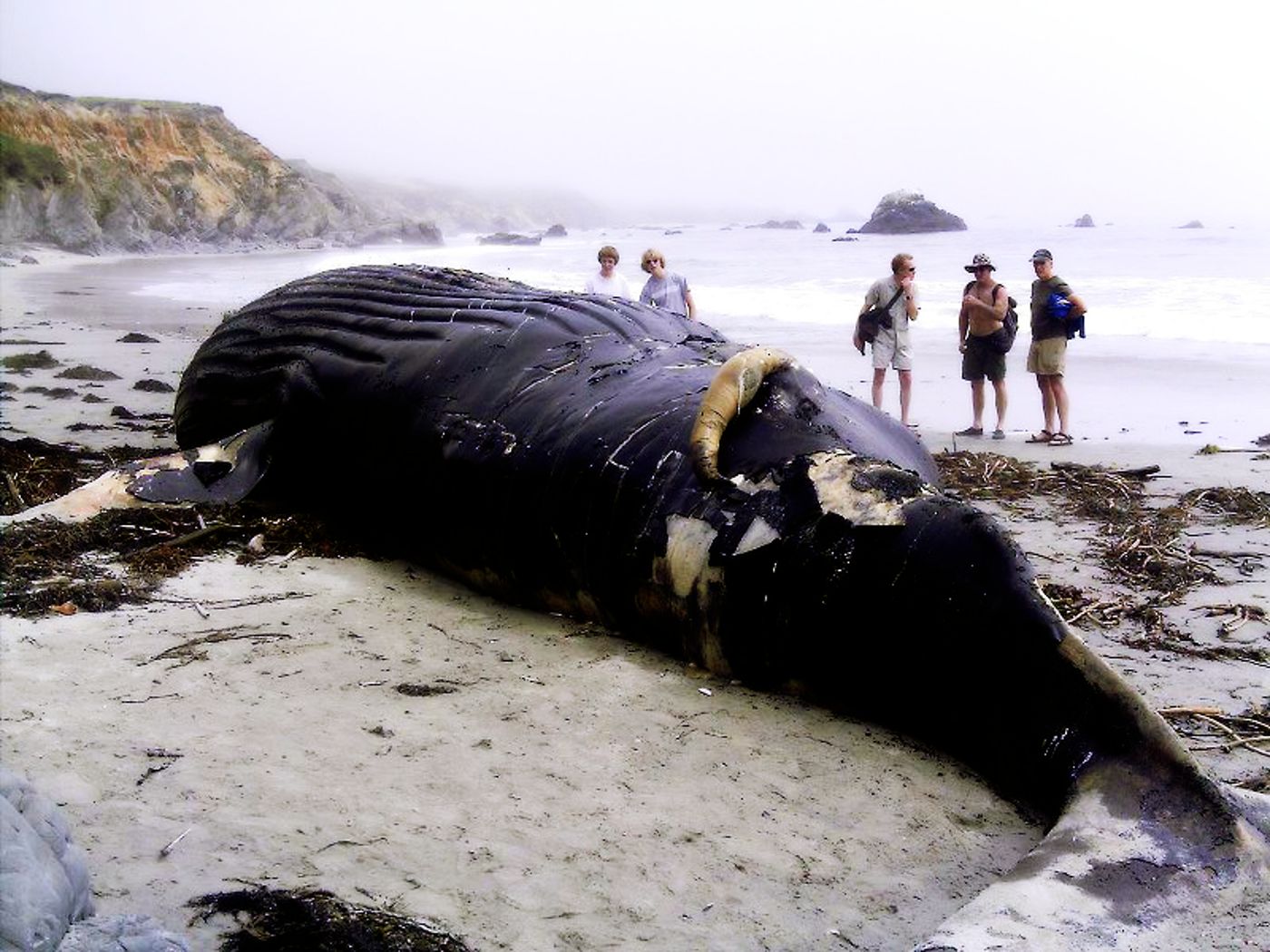
While six dead whales in the Bay Area alone may certainly seem like a lot, it’s actually fairly common. In fact, in the Spring of 2021, more than a dozen whales washed ashore around San Francisco.
However, even though it happens fairly often, that doesn’t mean scientists don’t do everything they can to find out why each individual whale didn’t make it.
Both Gray and Humpback Whales Are Endangered Species
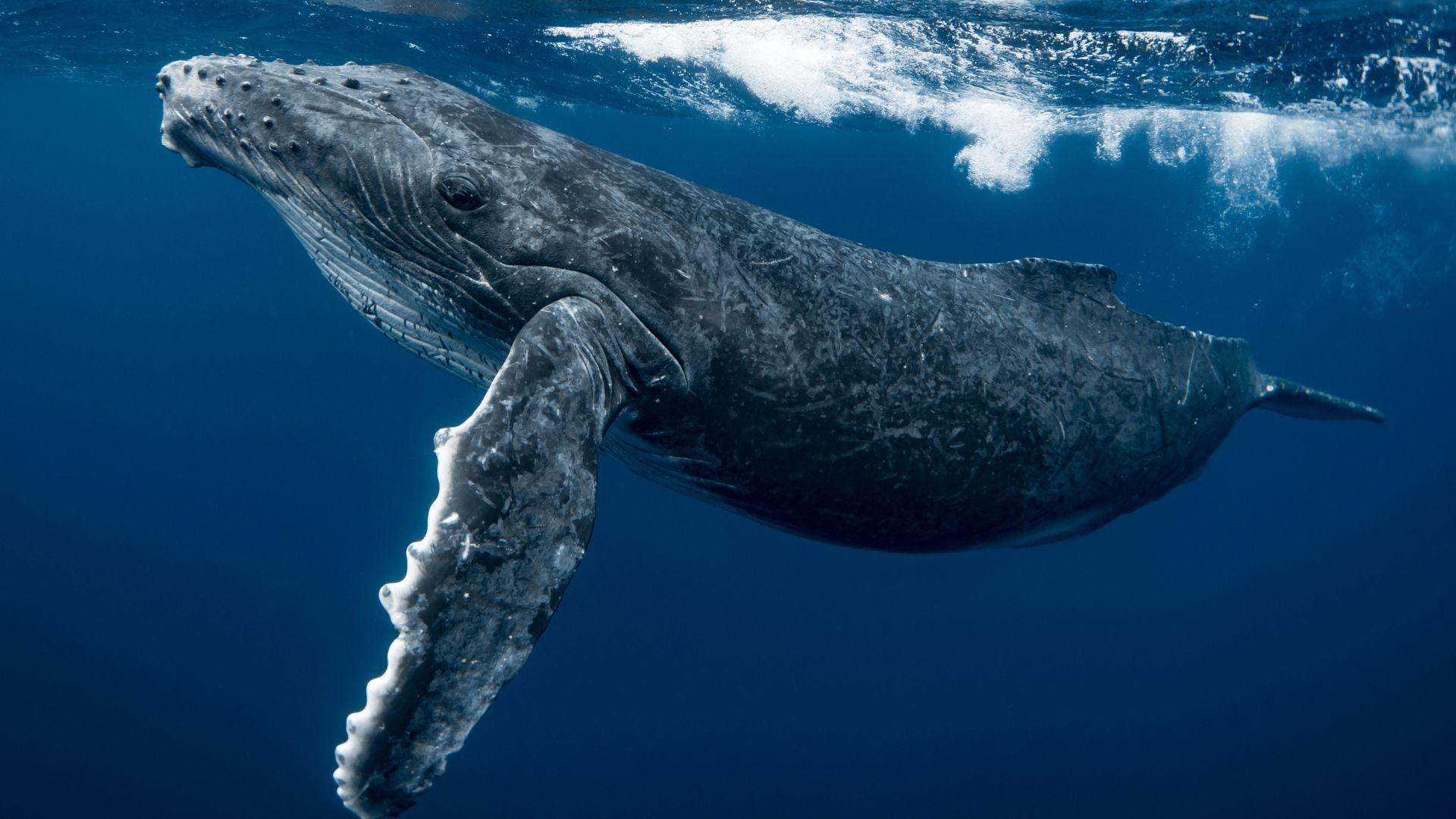
Experts report that there are only about 19,260 gray whales and about 80,000 humpback whales left on planet Earth.
Both species are considered endangered, so it is extremely important to marine biologists that they find out what is killing these whales along the northern Pacific coast.
Why Do So Many Whales Wash Up on San Francisco’s Shores?
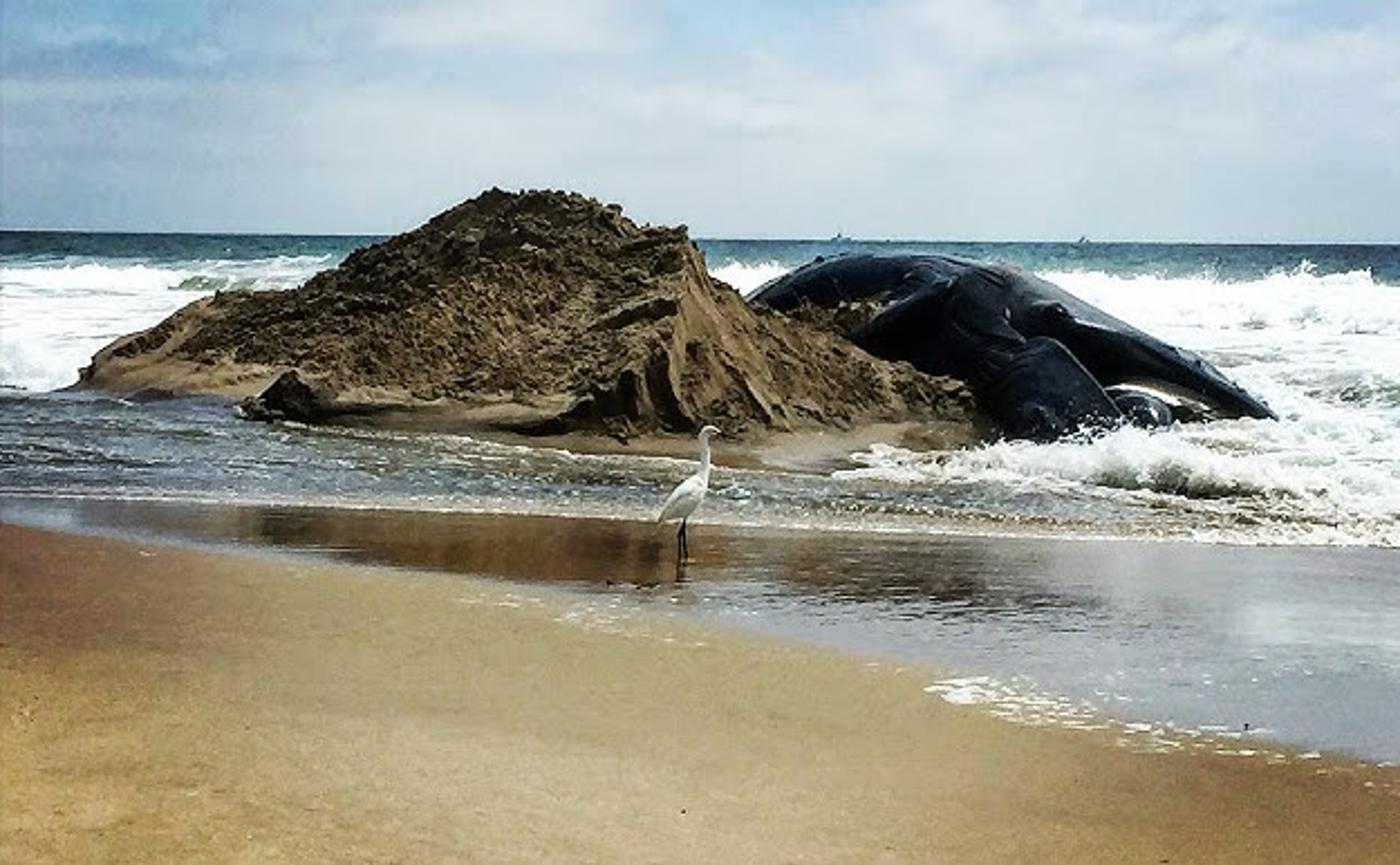
However, even after extensive research, scientists still don’t know the exact cause of death for at least half of the whales that have washed up in the Bay Area over the past several years.
Fortunately, they were able to determine what killed at least a few of these whales, including the most recent humpback that was stranded on Fort Funston beach this August.
The 31-Foot-Long Humpback Stranded on Fort Funston
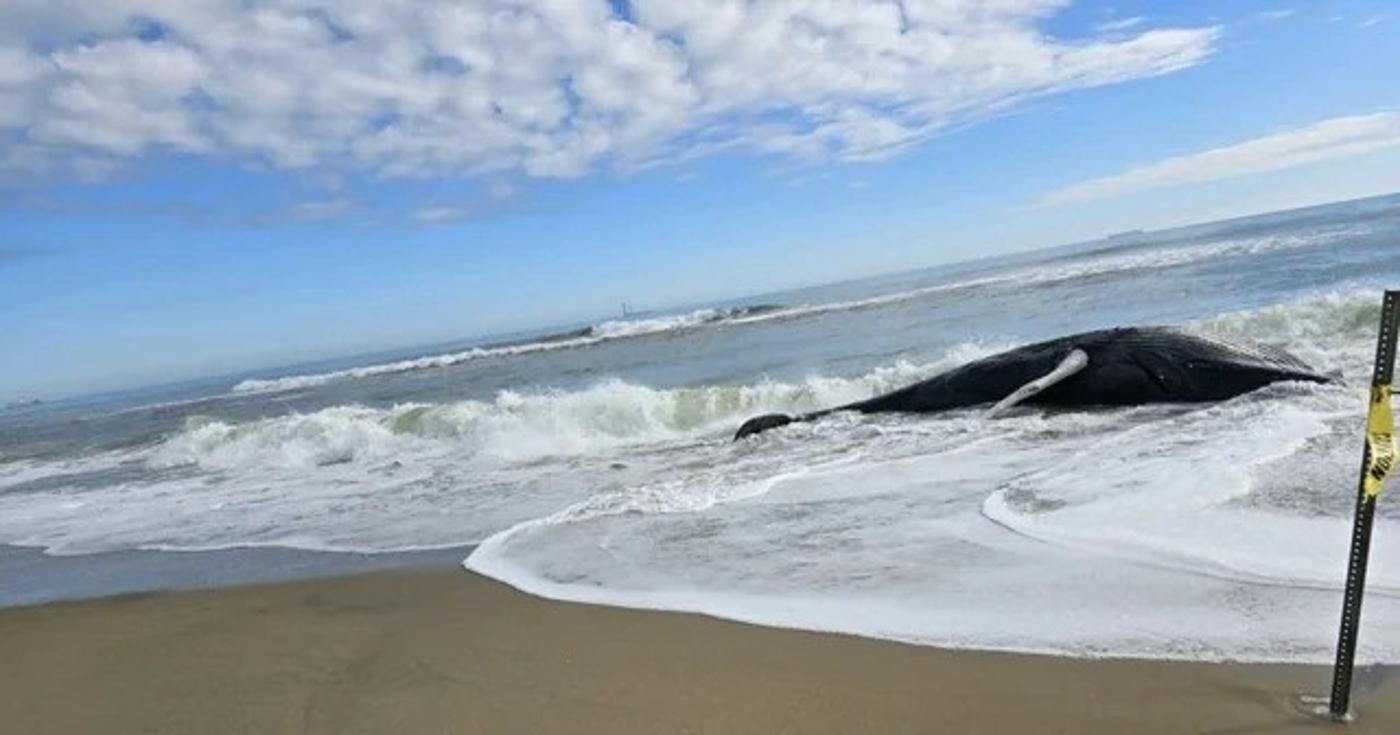
After a close investigation of the 31-foot humpback whale found dead on Fort Funston beach, experts from the California Academy of Sciences noted that the whale was a young male “in a moderate to advanced state of decomposition.”
The researchers also conducted a full necropsy on the whale, and they found multiple markings over its body that they believed were caused by an orca whale attack.
Orca Whales Are Extremely Aggressive
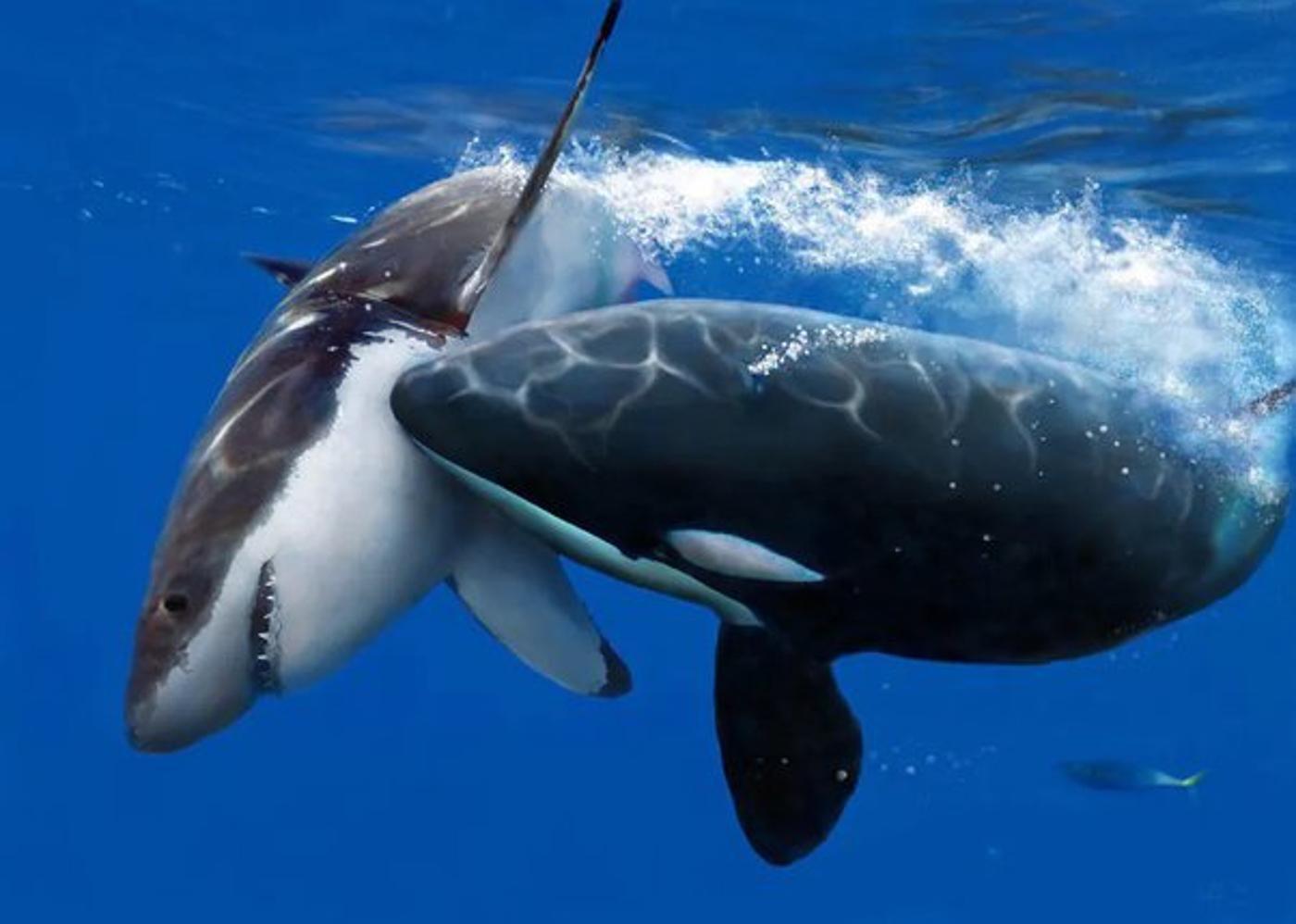
Orca whales are most commonly known as killer whales, an apt nickname as these beautiful creatures are wildly aggressive.
Even though orcas are technically related to dolphins, they are fiercely strong and predatorial. Orcas have four rows of long, razor-sharp teeth and can kill every other species living in the ocean, even a great white shark.
Orcas Are Becoming More Aggressive
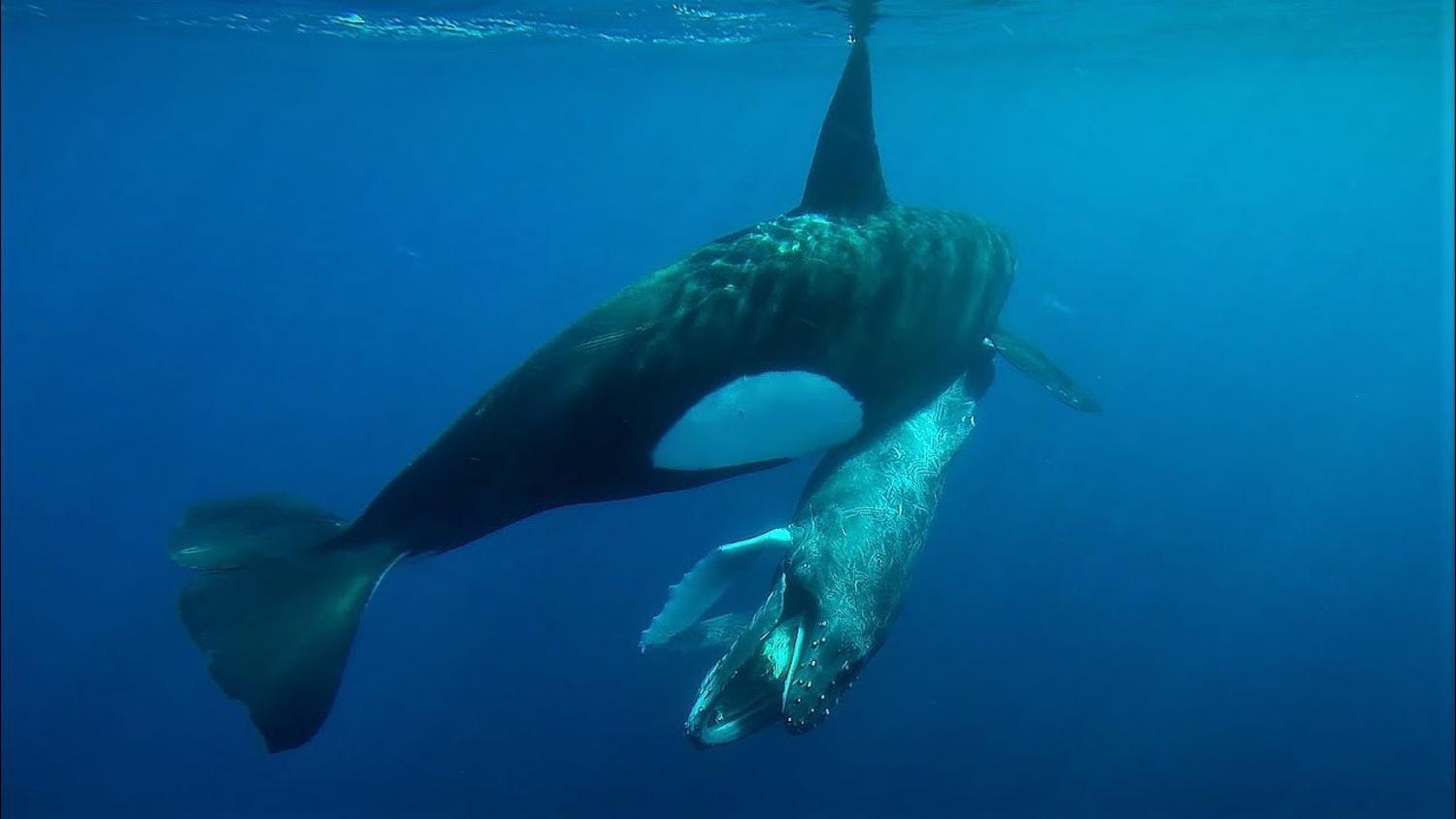
It’s interesting to note that while orcas have always had the physical capacity to attack and kill essentially every other species of marine life, it wasn’t until recently that they started attacking other whales and sharks on a regular basis.
Marine biologists from around the world have been watching in awe as orcas slowly but surely become more aggressive. While killer whales have yet to show hostility toward humans, they are attacking boats, other large mammals, and sharks far more than they used to.
Why Are Orcas Attacking Large Whales?
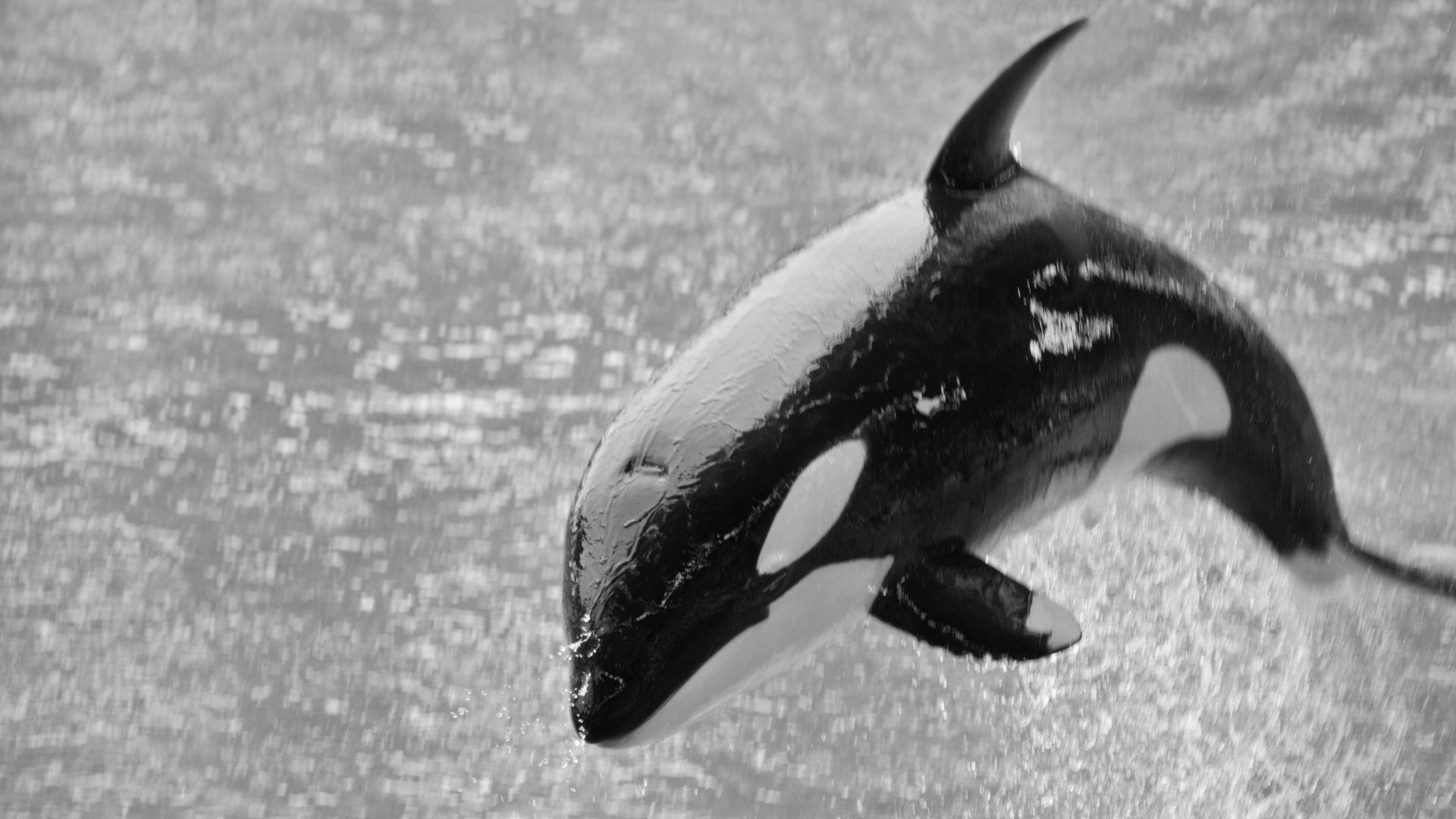
Now, here’s where things get really interesting: Previously, orcas only attacked juvenile humpback and gray whales, usually after separating them from their mothers, as they were easier to kill.
However, scientists have noticed that their behavior has changed, and orcas are now perfectly comfortable killing fully-grown adult humpback whales. They don’t know for sure why this is happening, but they do have a theory.
Humpback Whales Could Be “Saving” Other Animals From Orcas
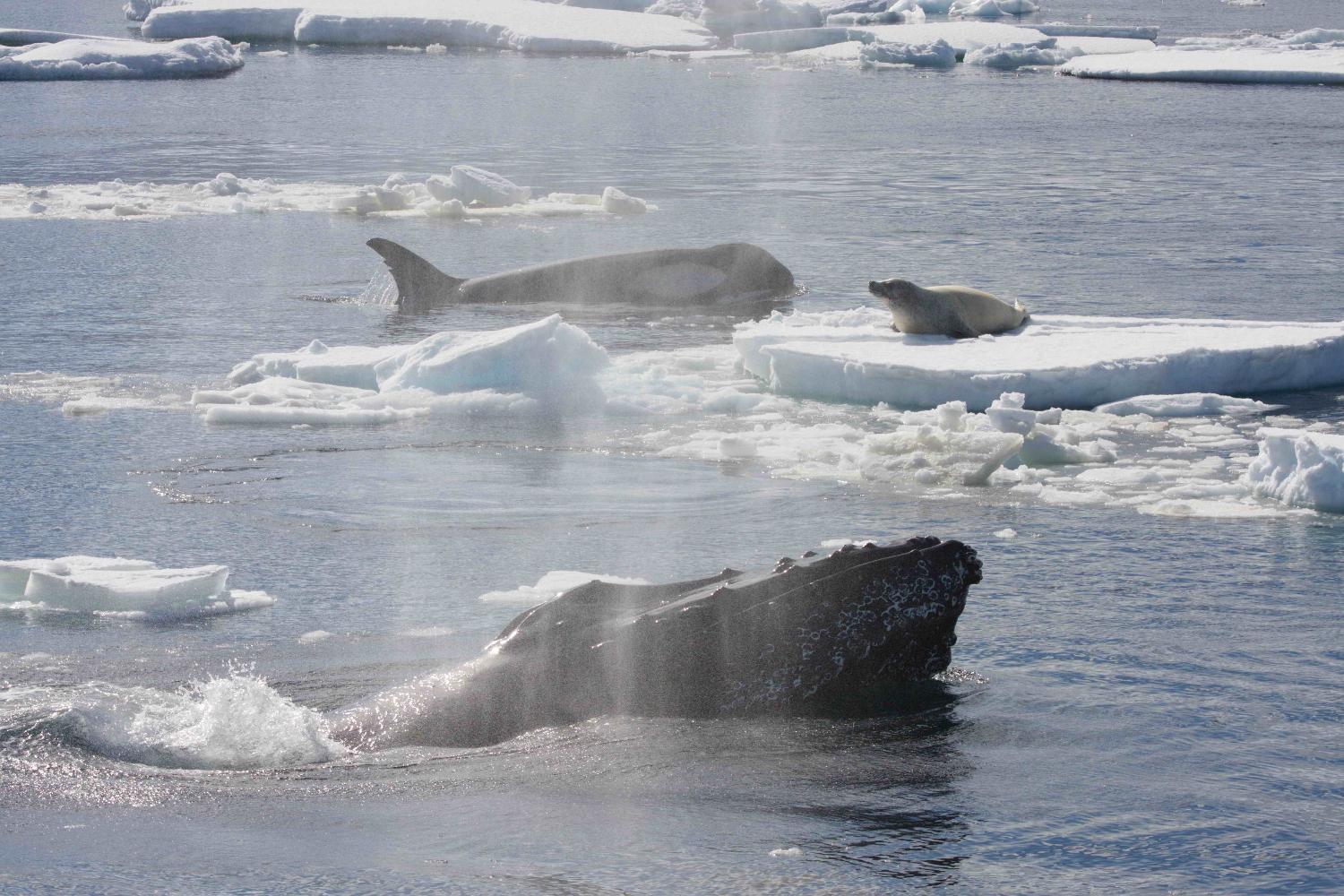
Experts at the Marine Mammal Center have theorized that orcas are killing adult humpback whales for a very specific reason… revenge.
Julia O’Hern, the center’s associate director of cetacean conservation biology, explained, “It may be that those humpbacks have had negative interactions with killer whales in other parts of their long migration routes, and that’s why these humpbacks sometimes ‘save’ other animals.”
Orcas Are Killing Humpback Whales Out of Spite
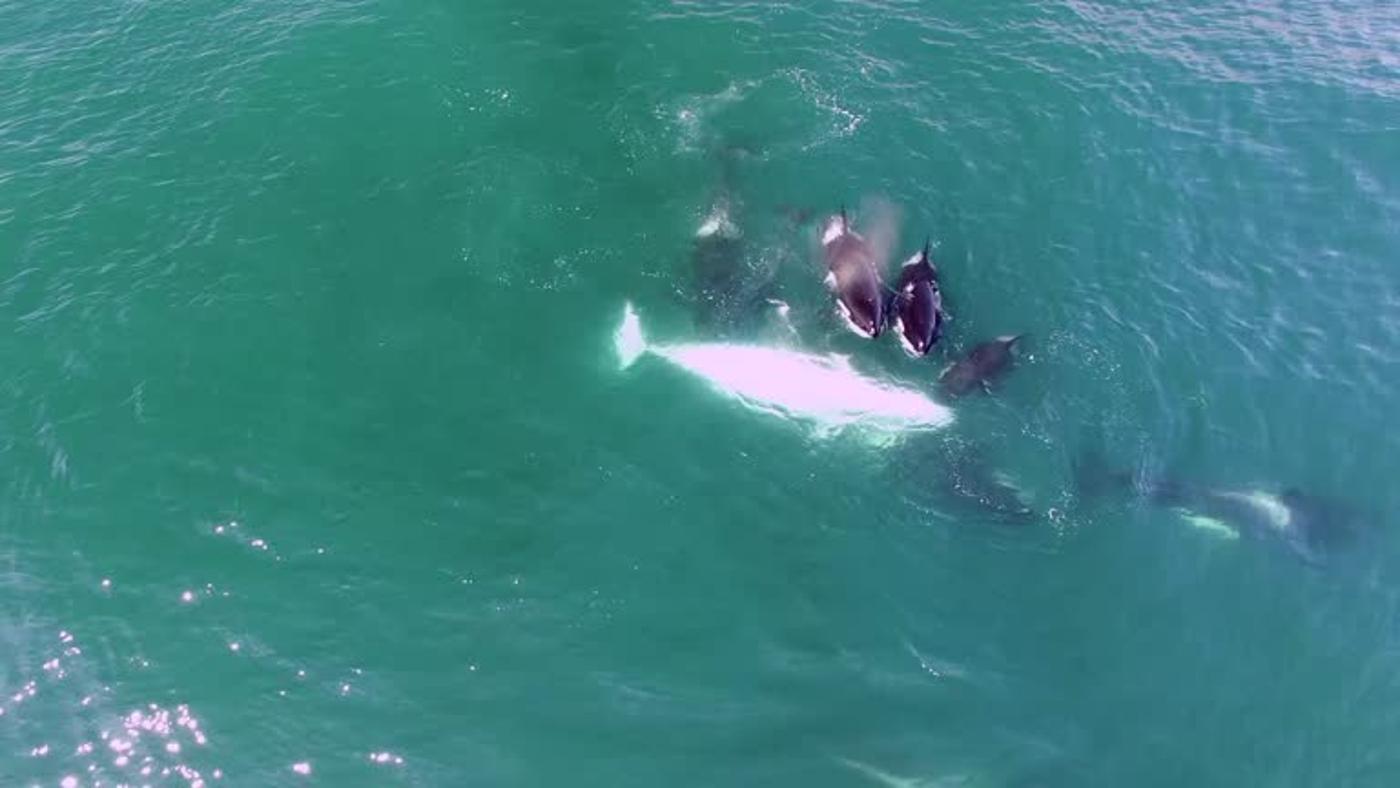
It’s wild to think that these majestic animals could be changing their behavior and attacking adult whales simply out of spite that weeks, or even months prior, that same whale saved another animal from being killed by an orca.
But it is very possible, as orcas have highly complex social behaviors and are exceptionally smart.
Orcas Aren’t the Only Reason for So Many Washed Up Whales
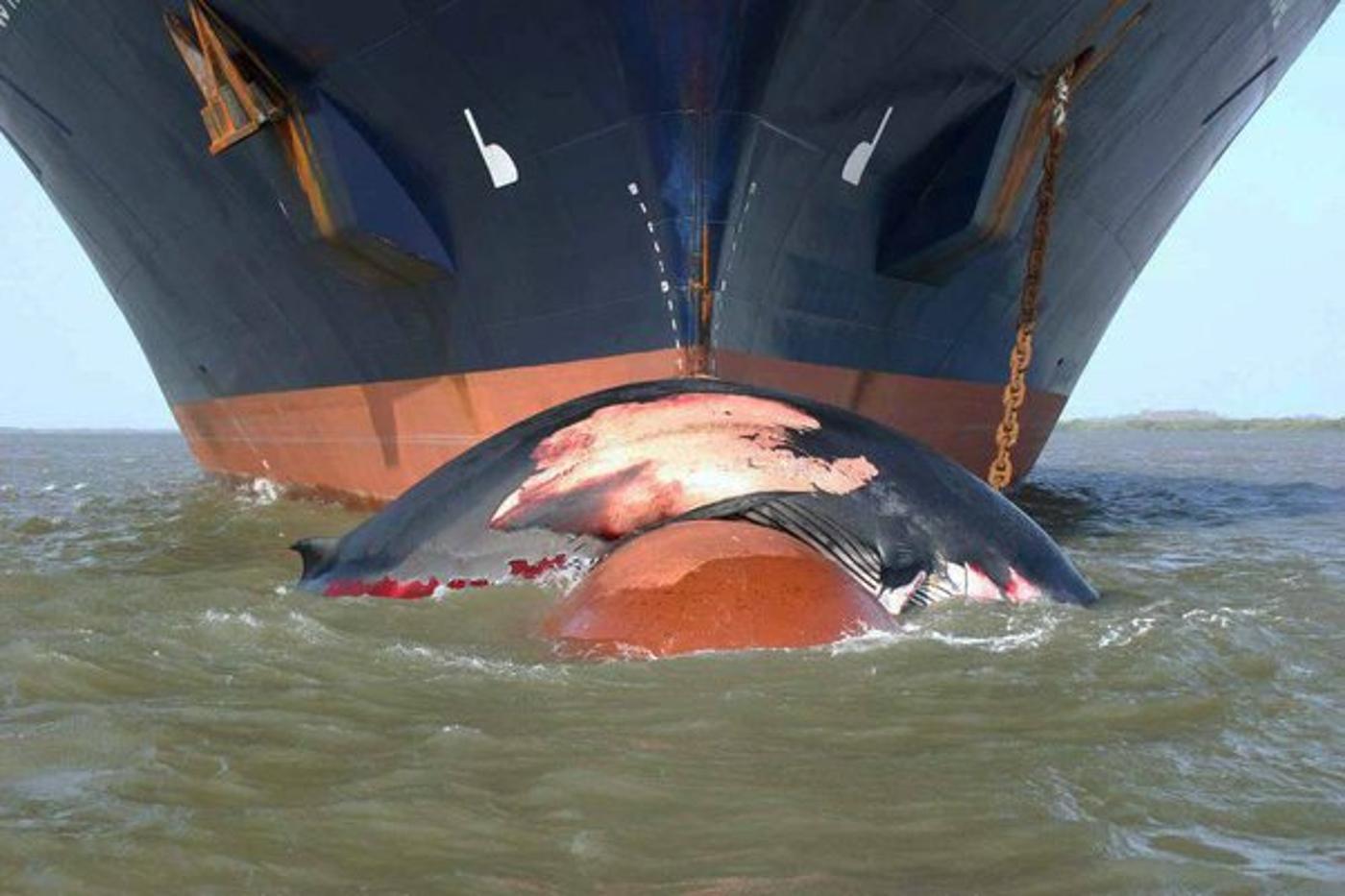
While orca attacks on humpback and gray whales are unquestionably increasing, these killers aren’t the only reason why so many whales have washed up on San Francisco’s shores over the past few years.
In fact, experts were able to determine that several of the whales were killed by ships. Of course, whaling is illegal in the United States, but fairly often, a ship will accidentally collide with these giant animals and cause extreme injury and even death.
The Bay Area Expects More Washed-Up Whales Before the Summer’s Over
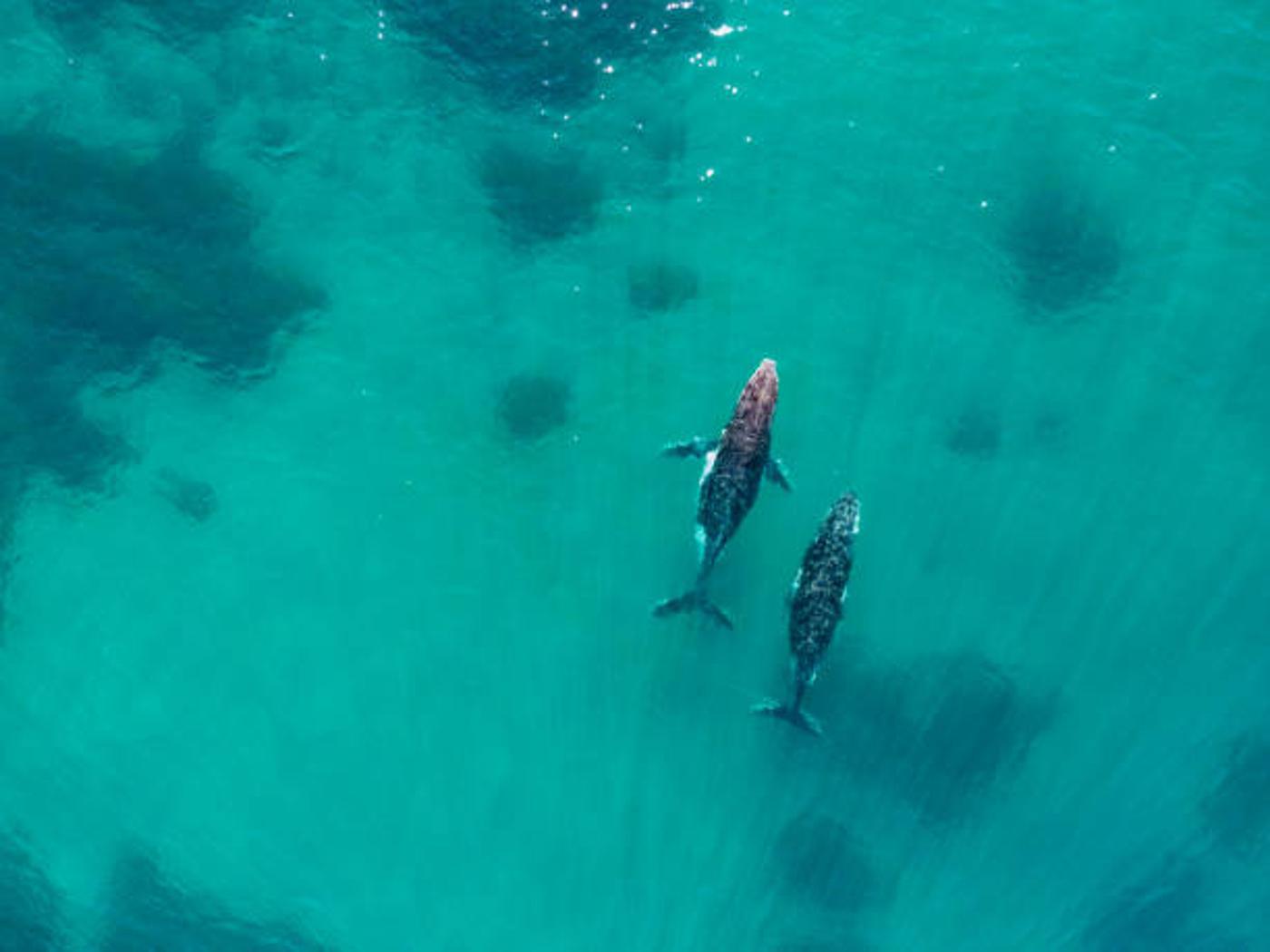
The humpback and gray whales that live in the Pacific Ocean migrate every year along the coasts of North and South America. In late September, they leave the cold oceans around Canada and San Francisco for the warmer waters around Hawaii, Mexico, and even as far south as Chile.
However, experts in the north do expect to find at least a few more beached whales in the Bay Area by the time summer’s over. And if orcas continue to attack like they have been this year, there could be even more next summer.








































